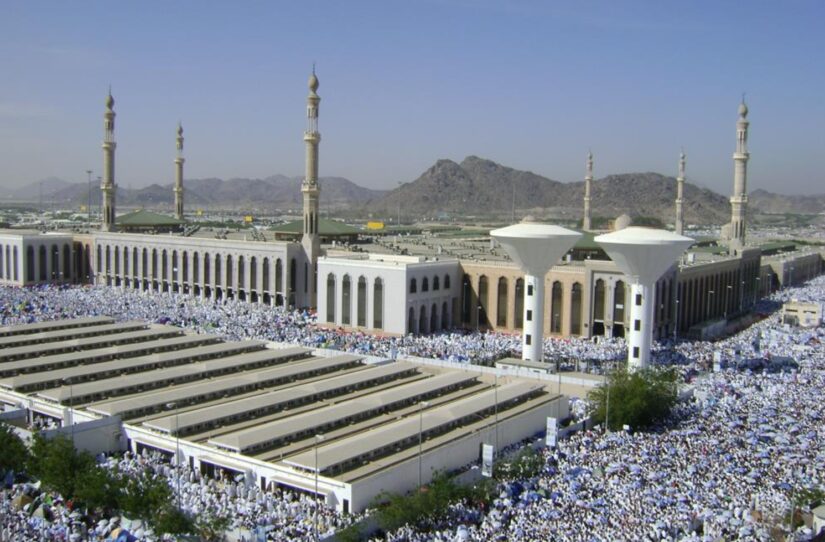Saudi Arabia trains thousands of Saudis in tourism sector
The sector now employs some 850,000 people, only 26% of whom are Saudis
The ultra-conservative kingdom of Saudi Arabia has just launched a “Tourism Pioneers” program to attract Saudis to this key employment sector. The country, which opened its doors to tourists only three years ago, relies on its young citizens to woo visitors and fill positions traditionally reserved for foreigners.
After trying in vain to get a job in a hotel, Munira al-Rubaian expects a lot from the program: “I will have the experience and the confidence to take care of” tourists, says the young woman, dressed in a niqab.
The initiative is part of the strategy carried out by the young crown prince and de facto leader of the kingdom, Mohammed bin Salman, aimed at diversifying the economy of the world’s largest oil exporter by betting, among other things, on this sector. in full development.
The country started granting tourist visas in 2019, just before the coronavirus pandemic, with the ambitious goal of attracting 30 million foreigners a year by 2030, up from just four million last year.
Including Saudi tourism, the kingdom is aiming for 100 million visitors per year in 2030, and the creation of one million new jobs. The sector now employs some 850,000 people, of which only 26% are Saudis, according to official figures. The “Vision 2030” plan promises to increase this proportion to 70%.
Launched in June, the “Tourism Pioneers” program has a budget of 100 million dollars, with training covering 52 jobs, ranging from reception to management.
“We need to develop the knowledge, skills and competences of Saudis,” said Mohammed Bushnag, deputy tourism minister in charge of human capital development.
The objective is not only to encourage the hiring of a local workforce, but to “saudify the sector” while providing a quality service. For the young recruits, the internships abroad are particularly instructive.
In Switzerland, where he spent a week, Al-Waleed al-Zaid, sales manager in a hotel affiliated with an international chain, encountered a clientele very different from the business travelers he is used to in Riyadh.
In addition to pilgrimages to the holiest places in Islam, Mecca and Medina, Saudi Arabia is developing new attractions, such as a cultural project near the Nabataean tombs of Al Ula or a seaside resort on the Red Sea, to attract international and local customers.

